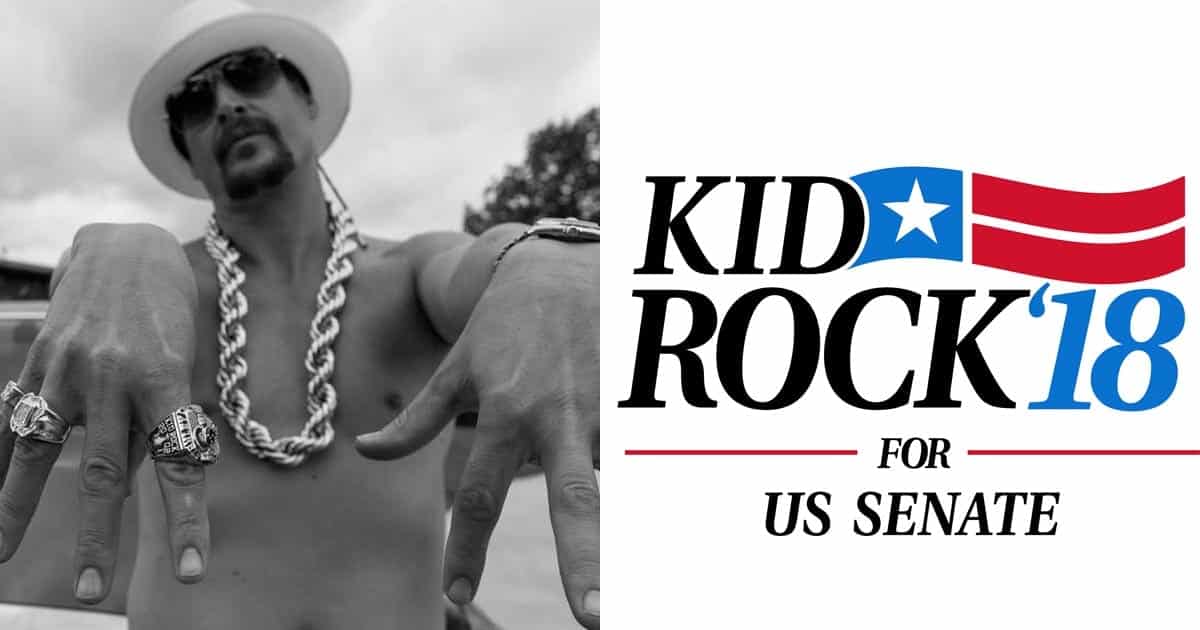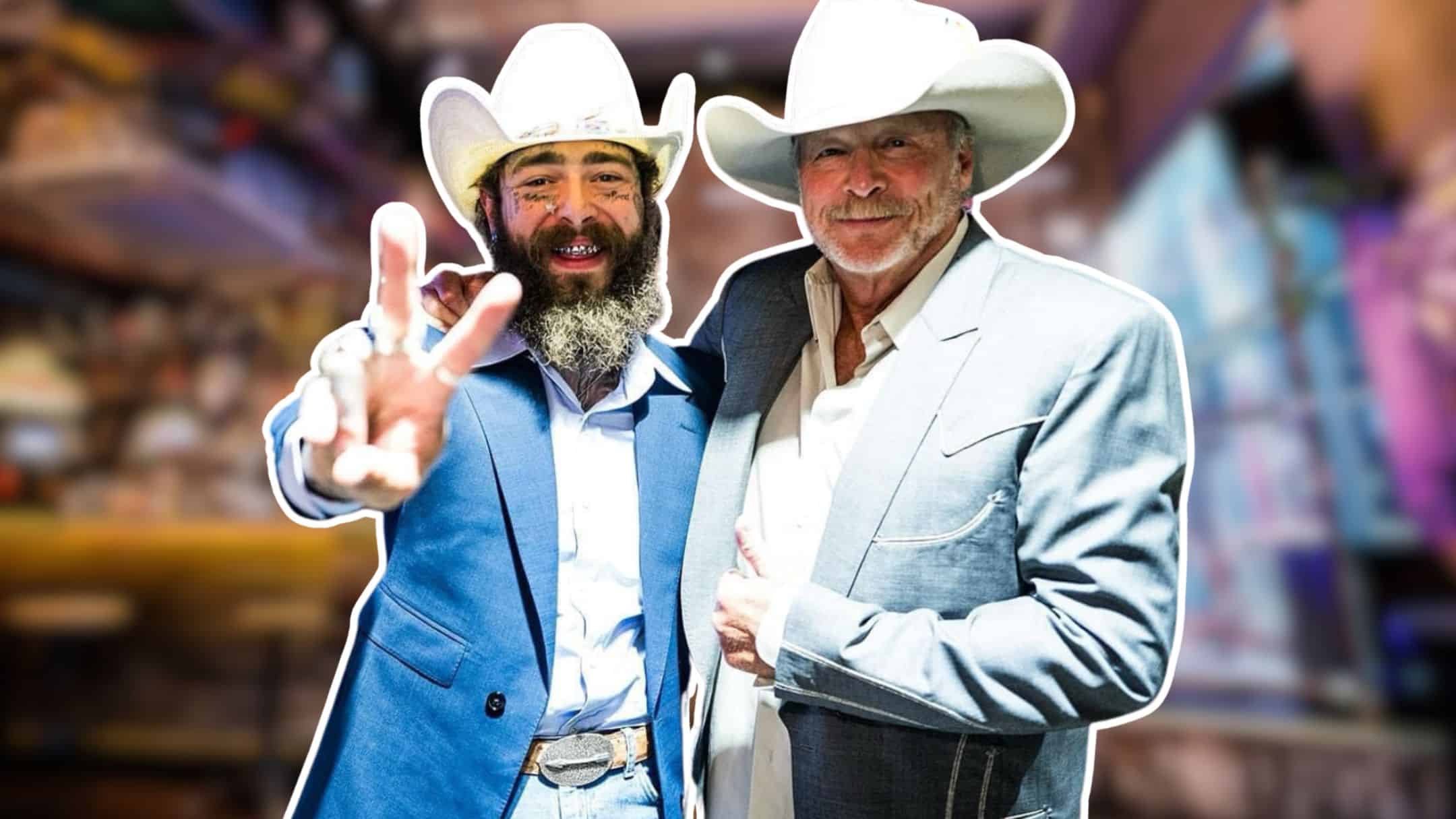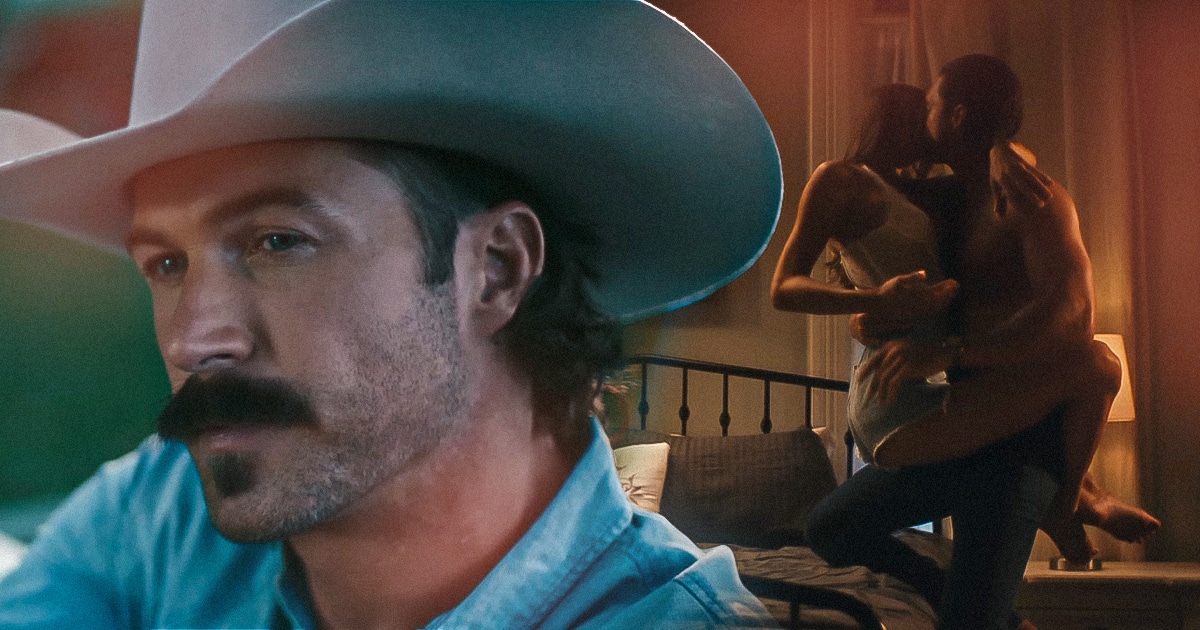In a world where work can sometimes feel like a treadmill you can’t get off, Dolly Parton’s song “9 to 5” came along like a cool breeze on a hot day. Released in 1980, this super famous song wasn’t just the theme song for a movie—it became like a battle cry for working people, especially women trying to succeed in a world run mainly by men. With its catchy tune and clever words, “9 to 5” really spoke to people who saw their struggles in what Dolly was singing.
Dolly Parton’s Song “9 to 5” Gave Birth to a Cultural Phenomenon
Dolly Parton’s song “9 to 5” was more than just something fun to listen to; it was a strong statement about the unfairness many workers, especially women, faced at their jobs. Dolly wrote the song while working on the movie “9 to 5,” where she played one of three women fighting back against their mean boss. Inspired by the dreams and frustrations of people who felt stuck in their jobs, Dolly wrote words that captured what it was like to be a working woman. The song was a huge success right away; its upbeat rhythm and relatable message made it a big hit on the radio.
“9 to 5” Doesn’t Shy Away from Speaking Truth to Power
Underneath its happy, sing-along melody, Dolly Parton’s song “9 to 5” looks at the power struggles in the corporate world. Lines like “It’s a rich man’s game, no matter what they call it / And you spend your life putting money in his wallet” show the exploitation and inequality that were (and still are) a big problem in many workplaces. The song’s ability to mix a light, fun sound with such a powerful message shows how talented Dolly is as a songwriter and a storyteller. It’s easy to see why “9 to 5” became more than just a song from a movie—it became a voice for people who didn’t have one, a call to action for those wanting fairness and respect at work.
Dolly Parton’s Song “9 to 5” Continues to Inspire Generations
Even decades after its release, Dolly Parton’s song “9 to 5” is still relevant. Problems like gender inequality, unfair pay, and not being respected at work are still around, making this song something that will always be important. It inspires new generations of workers and reminds them that the fight for better working conditions isn’t over.
If you haven’t already, take a few minutes to watch the music video for Dolly Parton’s song “9 to 5” and let it remind you of every worker’s strength and determination when they’re fighting for a fair deal.


















